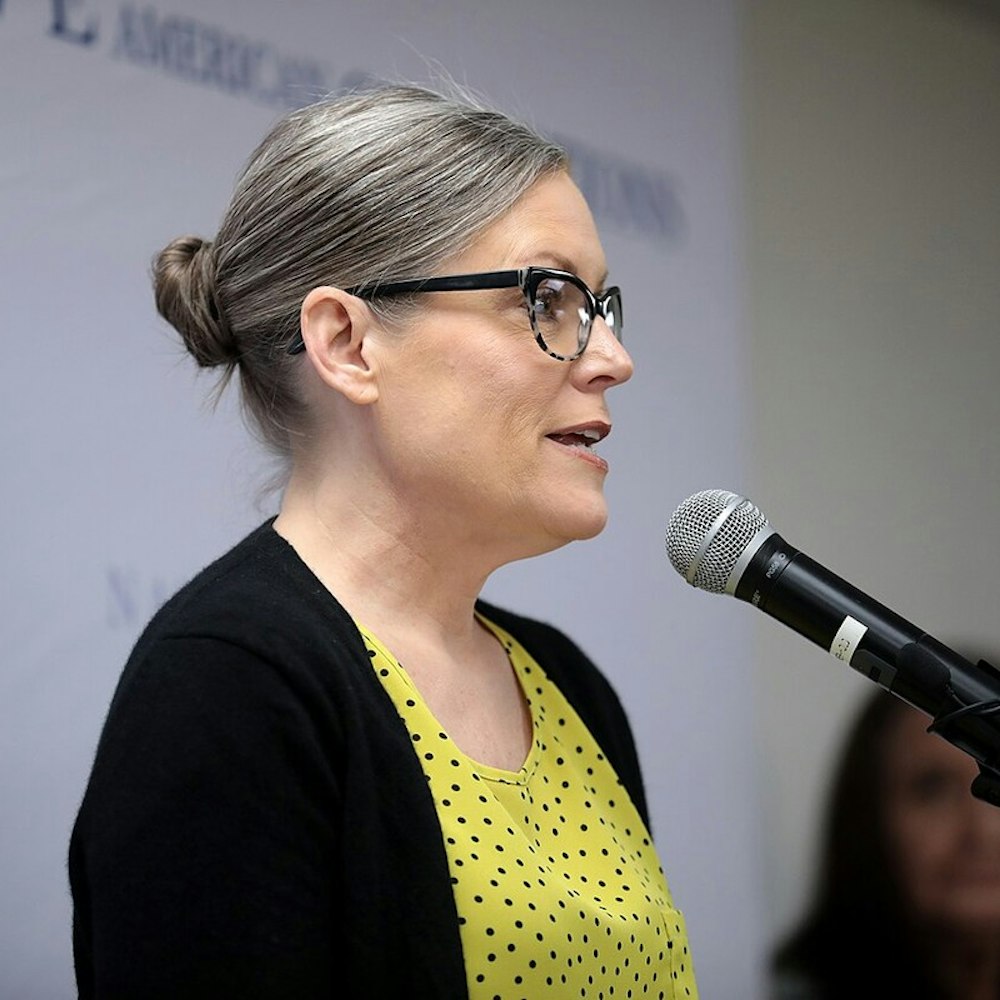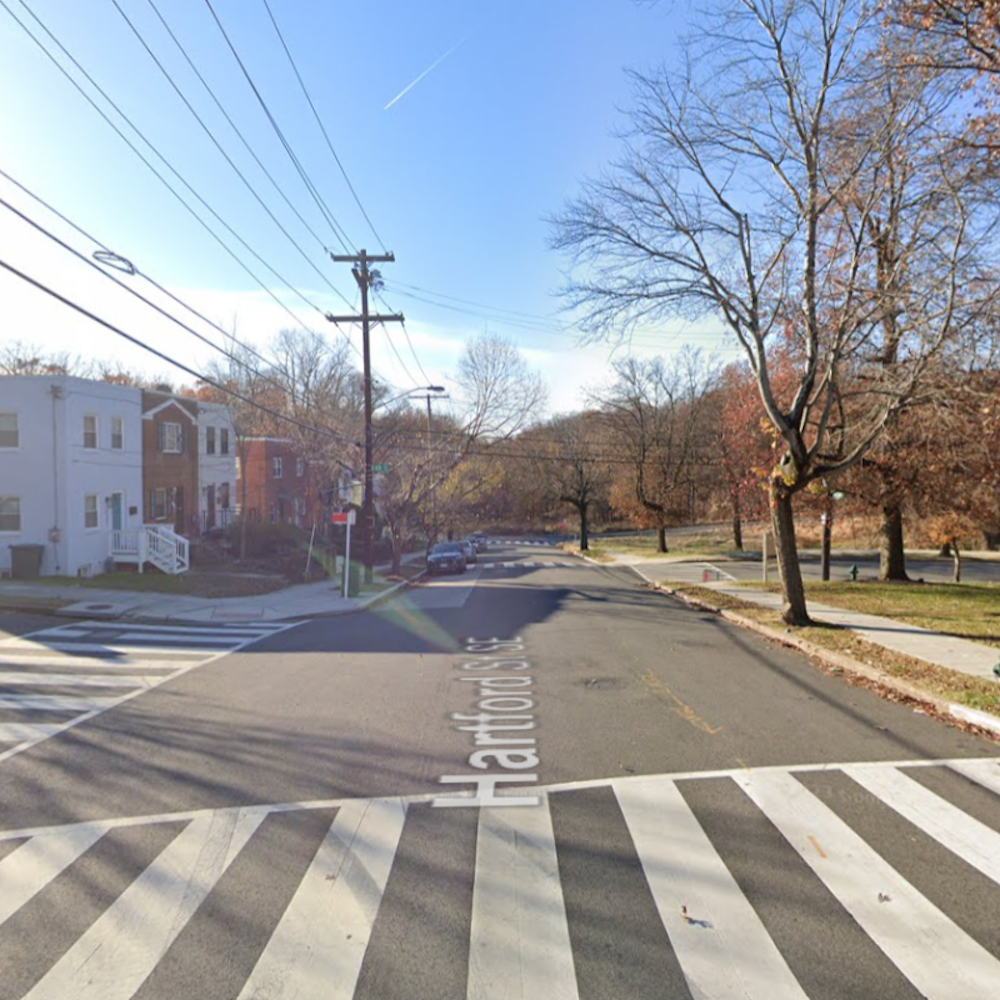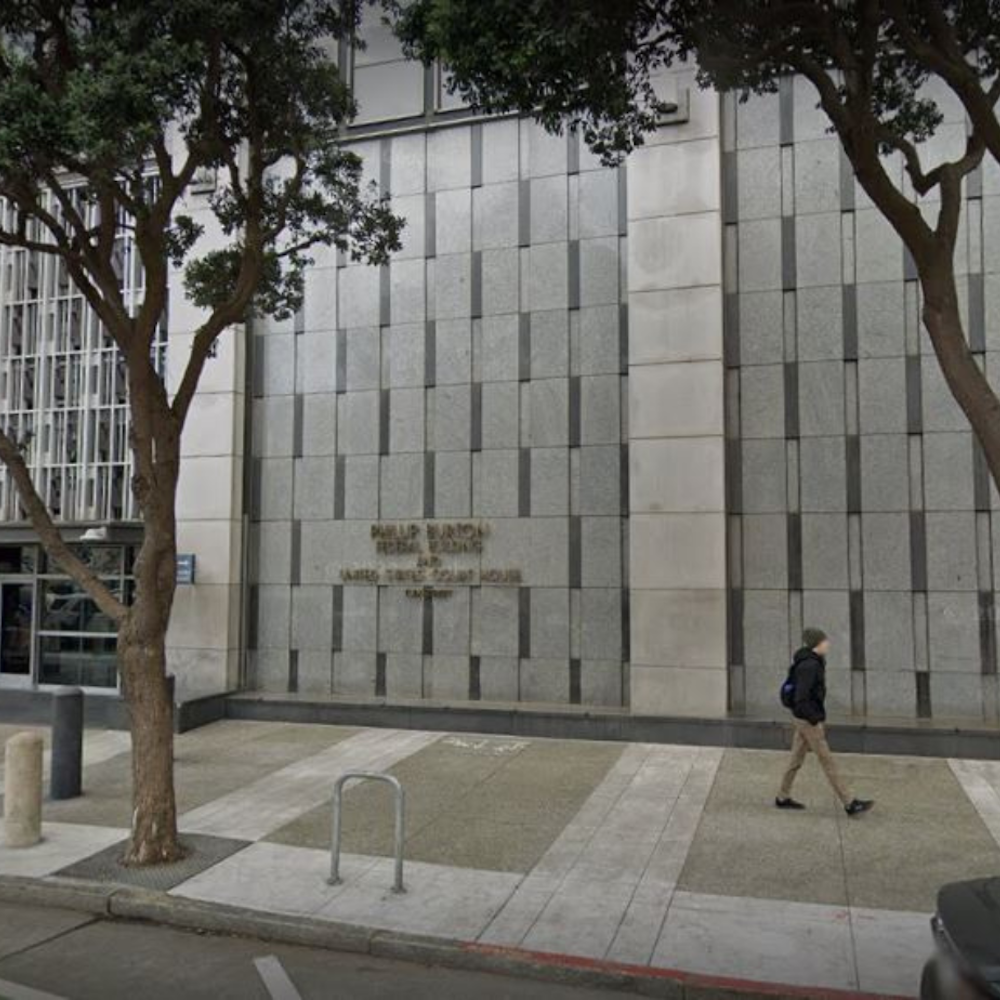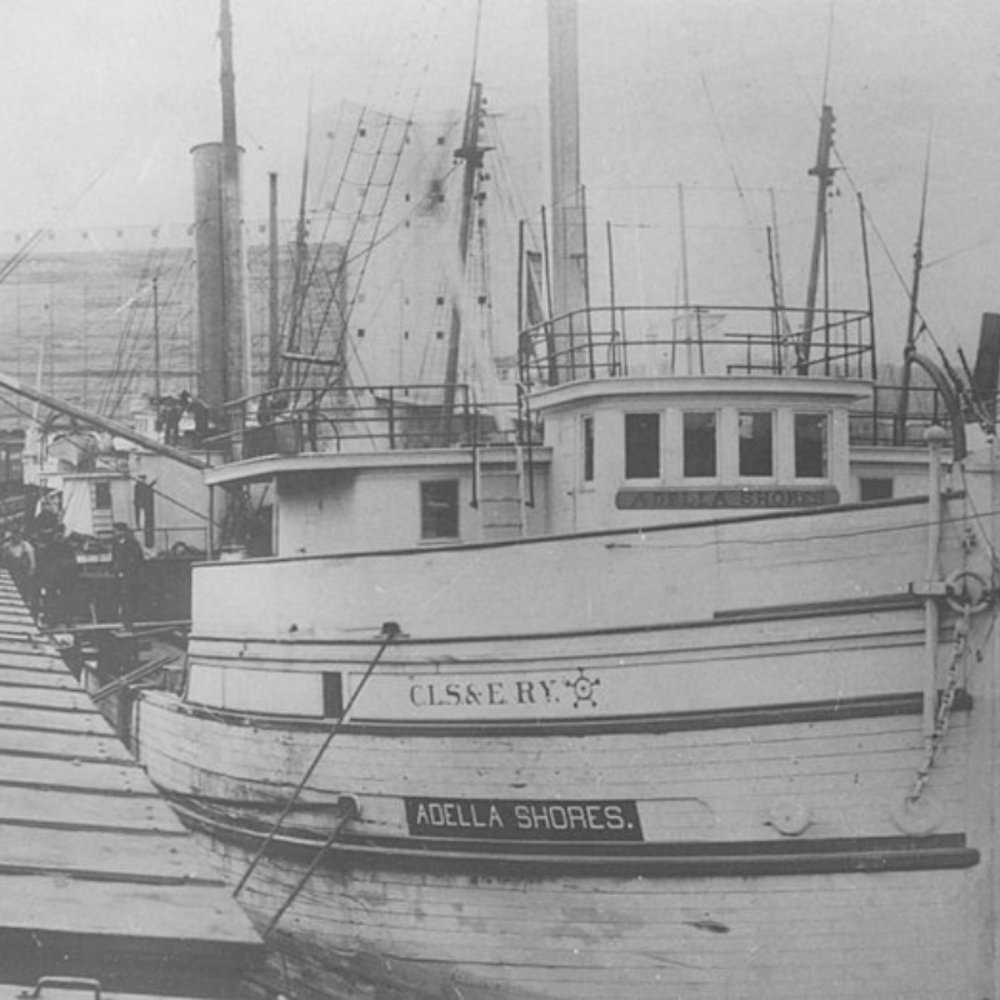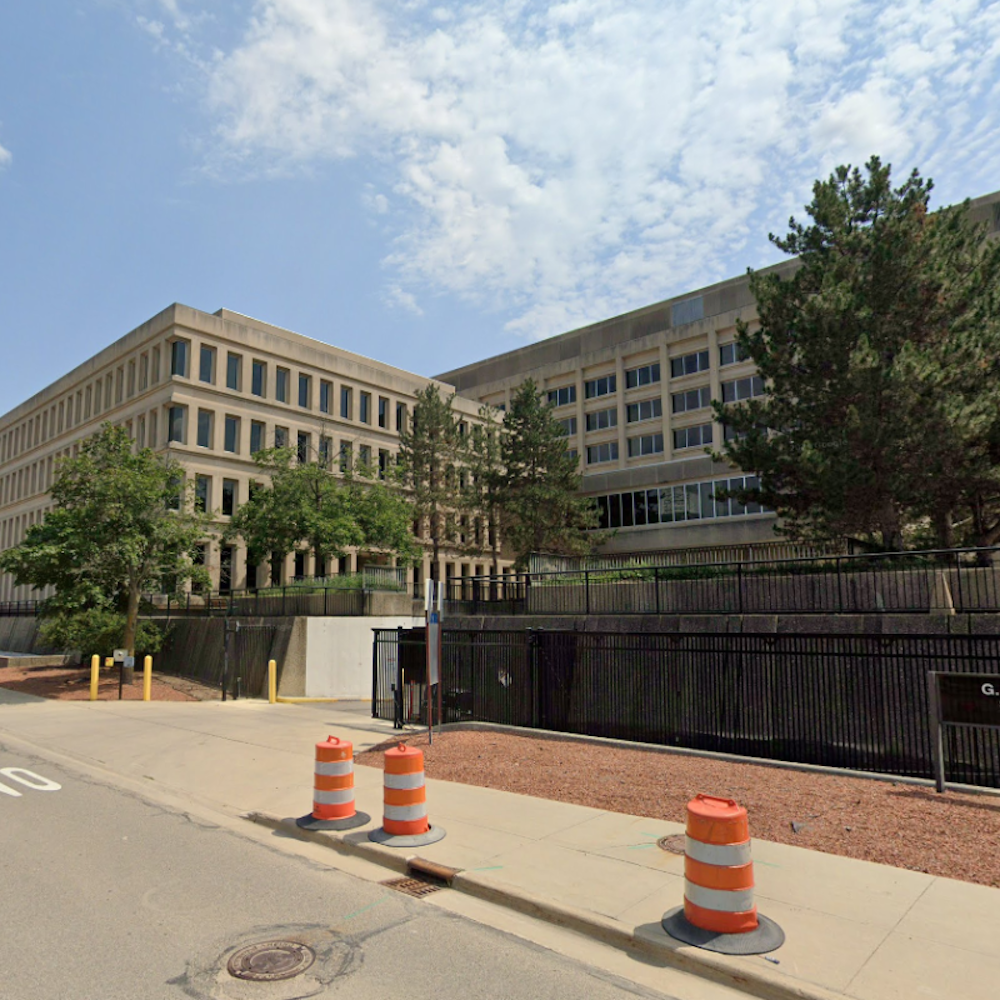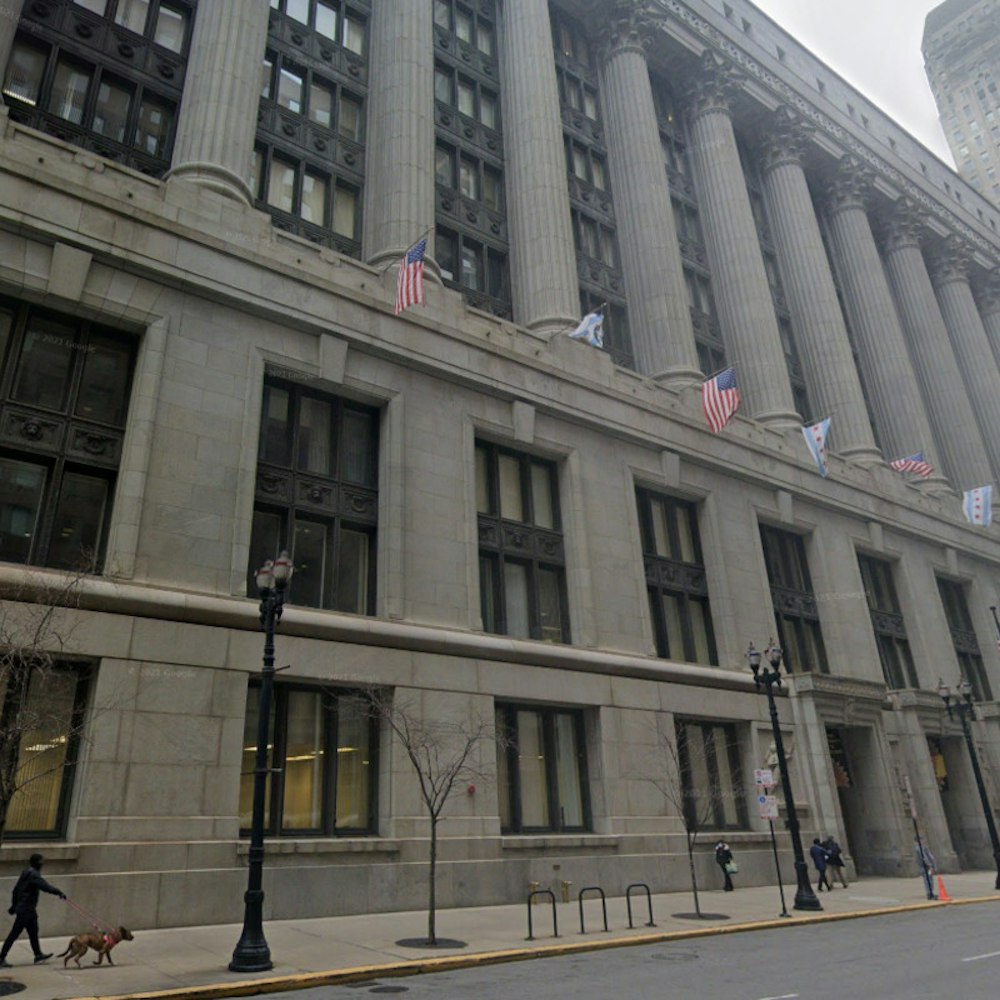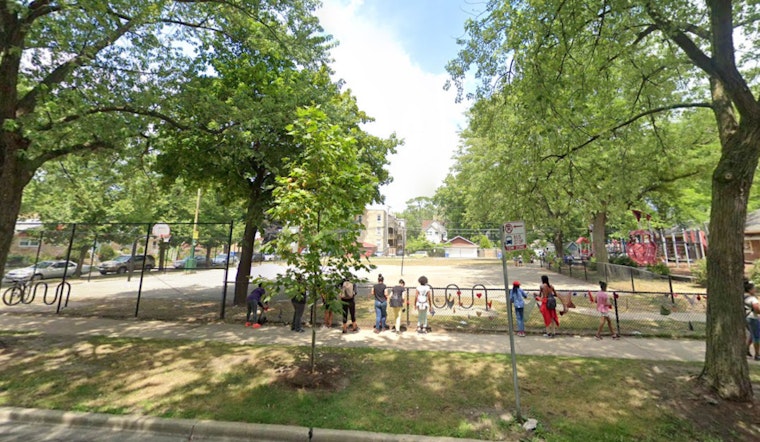
The fight to honor Chicago's pioneering Pollard family by renaming a somewhat neglected park next to their historic Rogers Park home is finally seeing light, despite a three-year entanglement in the bureaucratic cobwebs of the Chicago Park District. The current dingy patch, known as Christian Paschen Park, bears the name of a city building commissioner famous more for tax evasion than civic service. But if the Pollard family enthusiasts have their way, this space would soon bear the name of a family that has played an undeniable role in American history, according to the Chicago Tribune.
The Pollards surely have a claim to such an honor; with a legacy vast enough to fill a history book, they were the first Black residents in the West Rogers Park neighborhood. Their list of firsts is so long, it’s hard not to wonder if there was anything this family couldn't do. There's Fritz Pollard Sr., who was Brown University's star athlete and then became the first Black coach in the NFL – a true game-changer. His siblings weren't slackers either; one was Illinois' first registered Black nurse, another the first Black woman to graduate from Northwestern, one a jazz drummer with international cred, and another who had to outright go and start his own silent film company, as WTTW reported.
If one is to believe the adage that adversity breeds excellence, the Pollard family is the embodiment of the idea. "Growing up in an all-white neighborhood made you an overachiever," explained Fritz Pollard Jr., recalling the family’s early days in a largely white Rogers Park and suggesting that the pushback they faced only fueled their ambition. And the current owners of the Pollard’s former abode at 1928 W. Lunt Ave., along with community historians, see it fit to ensure that their storied name doesn't just vanish into the annals of history but is vividly remembered and celebrated.
Dona Vitale of the Rogers Park/West Ridge Historical Society is fully behind the renaming drive. Speaking to WTTW, she expressed a hope to inspire the local kids with the Pollard legend: “Especially in a diverse neighborhood like ours, children should have that as a role model.” As an alteration to the previous line-up, the Pollards aimed high, setting no limits to what they could achieve – in sports, healthcare, the arts, and beyond. They weren't the sort to be hemmed in by the status quo, certainly not content to be bound by the racial norms of the early 20th century. That spirit seems alive in their advocates today, pushing to ensure this remarkable family's triumphs won't just be a mere footnote.
Though the Pollard legacy stretches back to the Revolutionary War and the Civil War, with each generation adding a new chapter to the family saga, Fritz Pollard Jr. ensured that the world would never forget his father and uncles by winning a bronze medal in the high hurdles in the 1936 Olympics in Berlin. "When you go out in the world you can have any job you want but you’ll never be broke. You can always go back to barbering," Fritz Sr. once recalled his father's advice, a slice of wisdom that perhaps symbolized the family’s industrious and resourceful nature, the Chicago Tribune documented.
In the end, the Pollards stand as towering figures not just in the annals of Black history, but in the larger narrative of American progress and resilience. It seems only fitting that their memory should be given a permanent place in the very neighborhood that served as their crucible, a vibrant testament to the enduring power of excellence against all odds.

